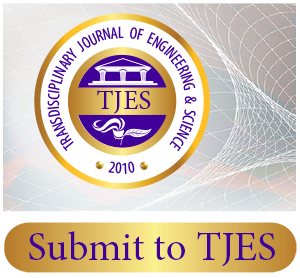Harnessing Ethical AI Surveillance for Climate Change Governmentality
Abstract
Achieving sustainability in respect to the natural environment necessitates a changing paradigm in climate’s governmentality, as to discipline complex modalities of techno-social agency that underlie the current climate crisis. From a transdisciplinary approach, the analysis recalls the science of climate change with the existing frame of international law (hard and soft law), analyzing the conditions for the accountability of organizations (Nations and corporations) in the production of anthropogenic emissions. Organizations are deciphered as complex techno-social systems of communication responding to reflexivity, feature that precludes them from understanding natural environment limitations. Reflexivity triggers carbon lock-in, a special form of path dependency at the base of the current schism between knowledge, intention, and actions. Reflexivity threatens long-term sustainability while endangering life and social systems. Artificial Intelligence can help overcome reflexivity, only if AI is restrained by an ethical approach constructed by the protection of human rights, the notion of environmental stewardship and the sustainability goals. Idealized ethical AI needs to take the form of hard law regulation.


